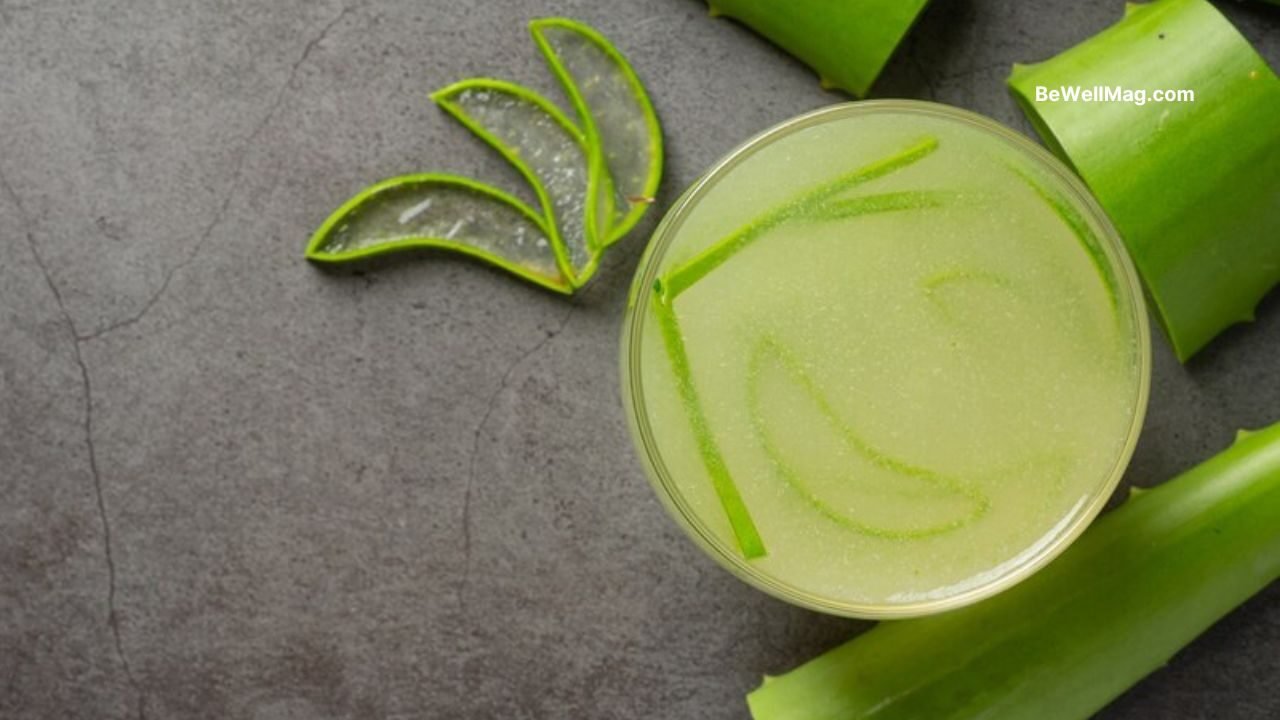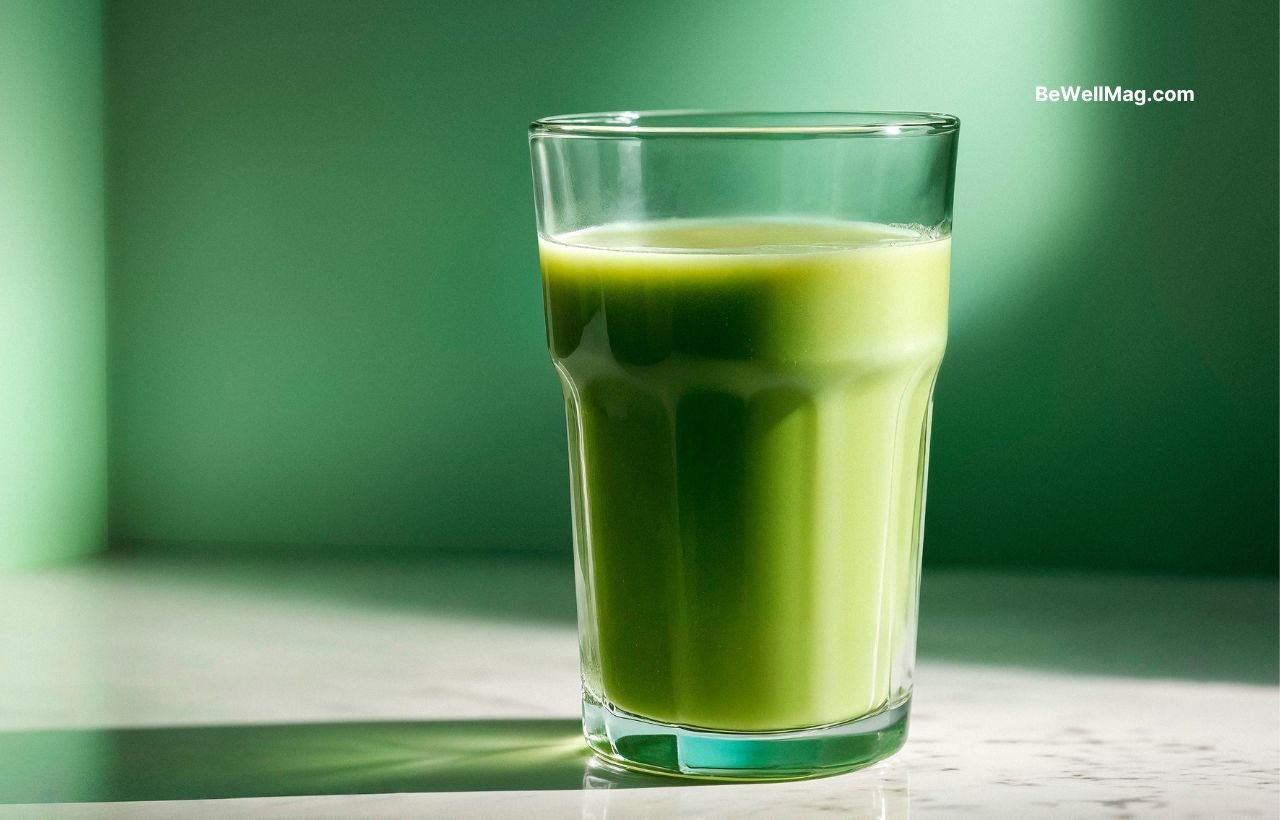Now Reading: Aloe Vera Juice: 8Benefits, Side Effects & Hype Explained
- 01
Aloe Vera Juice: 8Benefits, Side Effects & Hype Explained

Aloe Vera Juice: 8Benefits, Side Effects & Hype Explained
Aloe vera juice daily: Boost antioxidants, ease heartburn & constipation, improve blood sugar, and support oral, skin & digestive health with safe tips.
Table of Contents
In today’s fast-paced world, natural wellness remedies have taken center stage. Aloe vera juice is an all-natural elixir that not only refreshes but also offers a multitude of health benefits. Whether you’re pursuing improved digestion, combating heartburn, managing blood sugar, or supporting radiant skin and oral health, understanding the ins and outs of aloe vera juice can help you make informed choices. Let’s dive into how making this juice a part of your daily routine can raise your health game.
Benefits of Drinking Aloe Vera Juice Daily
Aloe vera juice boasts a robust list of benefits that can enhance your overall well-being. Here’s a closer look at what it does for your body:
Powerful Antioxidants
Aloe vera juice is rich in antioxidants that help neutralize free radicals. These compounds are vital for maintaining cell health and reducing oxidative stress, which may lower the risk of chronic diseases.
Relief from Heartburn
The soothing properties of aloe vera juice can alleviate heartburn. It works by reducing stomach acid and cooling the digestive tract, providing you with a natural remedy for discomfort.
Treatment for Constipation
Known for its natural laxative properties, aloe vera juice helps promote regular bowel movements. This gentle action improves digestion and can be especially beneficial if you’re struggling with occasional constipation.
Excellent Hydration
With its high water content, aloe vera juice serves as an excellent hydrating beverage. Staying well-hydrated supports all bodily functions, from maintaining skin elasticity to ensuring efficient nutrient transport.
Blood Sugar Balance in Prediabetes
Preliminary studies suggest that aloe vera juice may help maintain balanced blood sugar levels. For individuals with prediabetes, regular consumption could support better glucose management, providing an added layer of nutritional support.
Improved Oral Health
Aloe vera juice’s anti-inflammatory and antimicrobial properties are great for oral care. Rinsing with the juice or drinking it regularly can help reduce plaque buildup, soothe gums, and enhance overall oral hygiene.
Skin Health Support
When consumed, aloe vera juice contributes to skin health by hydrating from within and supporting collagen production. This can lead to more radiant and resilient skin, reducing the appearance of aging over time.
Assistance for Inflammatory Bowel Disease
For those dealing with inflammatory bowel disease (IBD) or similar digestive conditions, aloe vera’s anti-inflammatory properties can help soothe the gastrointestinal tract. It may reduce inflammation and promote healing, offering relief for sensitive digestive systems.
Safe Intake Amount
While aloe vera juice is full of benefits, moderation is essential. Experts typically recommend an intake of 1 to 2 tablespoons (15–30 mL) per day for beginners. Gradually increase the dosage as you assess your body’s response. Always check product instructions and consult your healthcare provider to tailor the dose to your specific needs and health status.
Best Time to Drink Aloe Vera Juice
Maximize the benefits of aloe vera juice by timing your consumption wisely:
- Morning Routine: Drinking it on an empty stomach can kickstart digestion and prepare your body to absorb nutrients effectively.
- Before Meals: Consuming aloe vera juice about 20–30 minutes prior to meals may stimulate digestive juices, helping your food process more smoothly.
Adopting a consistent routine can help your body reap the full spectrum of benefits while fitting seamlessly into your daily schedule.
Potential Side Effects
Even nature’s best remedies require caution. Some individuals may experience side effects when consuming aloe vera juice daily:
- Digestive Upset: Overconsumption may lead to diarrhea, abdominal cramps, or discomfort due to its laxative effects.
- Electrolyte Imbalance: Excessive intake can disturb electrolyte balance, particularly if the laxative effect is too strong.
- Allergic Reactions: Though rare, allergies can occur. If you notice any unusual reactions such as skin rashes or difficulty breathing, discontinue use and consult a physician.
- Medication Interactions: Aloe vera juice may interact with certain medications, so it’s important to discuss its use with your healthcare provider if you are on treatment for chronic conditions.
Who Should Avoid Aloe Vera Juice?
While aloe vera juice can be a healthy addition to many diets, certain individuals should exercise caution:
- Pregnant or Nursing Women: Due to potential uterine contractions and safety concerns for infants, it’s best to consult a healthcare professional.
- Individuals with Gastrointestinal Disorders: Those with severe conditions, like irritable bowel syndrome (IBS), may experience exacerbated symptoms.
- People on Specific Medications: If you’re taking medications for diabetes, heartburn, or other chronic illnesses, make sure to get medical advice before starting.
- Allergy-Prone Individuals: If you’ve experienced allergic reactions to aloe in the past, particularly with topical use, avoid ingesting it.
DIY: Making Aloe Vera Juice at Home

Curious about crafting your own aloe vera juice? Homemade juice offers a fresh, natural option—but with a word of caution. Many experts recommend considering decolorized and purified aloe vera juice, especially for regular consumption, to avoid the potential pitfalls of improper preparation.
Making It Yourself
Steps for Homemade Aloe Vera Juice:
- Choose a Mature Aloe Leaf: Opt for a thick, healthy leaf from an aloe plant.
- Clean Thoroughly: Rinse the leaf well to remove any dirt or contaminants.
- Trim and Slice: Cut off the base and slice the leaf lengthwise to reveal the clear inner gel.
- Remove the Aloe Latex: Be meticulous in scooping out the clear gel while ensuring you remove the bitter yellow aloe latex, known for causing digestive discomfort.
- Blend: Place the gel in a blender with some water. To enhance the flavor, you might add a dash of lemon juice or a drizzle of honey.
- Strain and Serve: Strain the mixture to eliminate any lingering solids. Enjoy immediately or refrigerate for up to 24 hours.
Decolorized and Purified Juice: An Expert Option
Commercial aloe vera juices often undergo a decolorization process using activated carbon filtration to remove bitter chlorophyll and unwanted compounds. This method not only improves taste but also ensures a consistent, purified product. Why Choose Decolorized and Purified Juice?
- Better Taste: The removal of chlorophyll reduces bitterness, making it more palatable.
- Safer Daily Use: Purification minimizes impurities and the risk of digestive upset.
- Consistency: Commercial processing guarantees a standard quality, which can be reassuring if you’re new to aloe vera juice.
By weighing the benefits of a DIY approach against the convenience and safety of commercially processed juice, you can choose what best fits your lifestyle and health goals.
Conclusion
Aloe vera juice is a versatile, natural beverage capable of enhancing numerous aspects of your health. With benefits ranging from antioxidant support to improved digestion, heartburn relief, and even blood sugar balance, it offers a well-rounded approach to wellness. Whether you decide to make your own juice at home or opt for a decolorized and purified commercial version, ensuring a safe intake and appropriate timing is key. By incorporating thoughtful routines and staying alert to potential side effects, you can embrace aloe vera juice as a beneficial addition to your daily health regimen.











